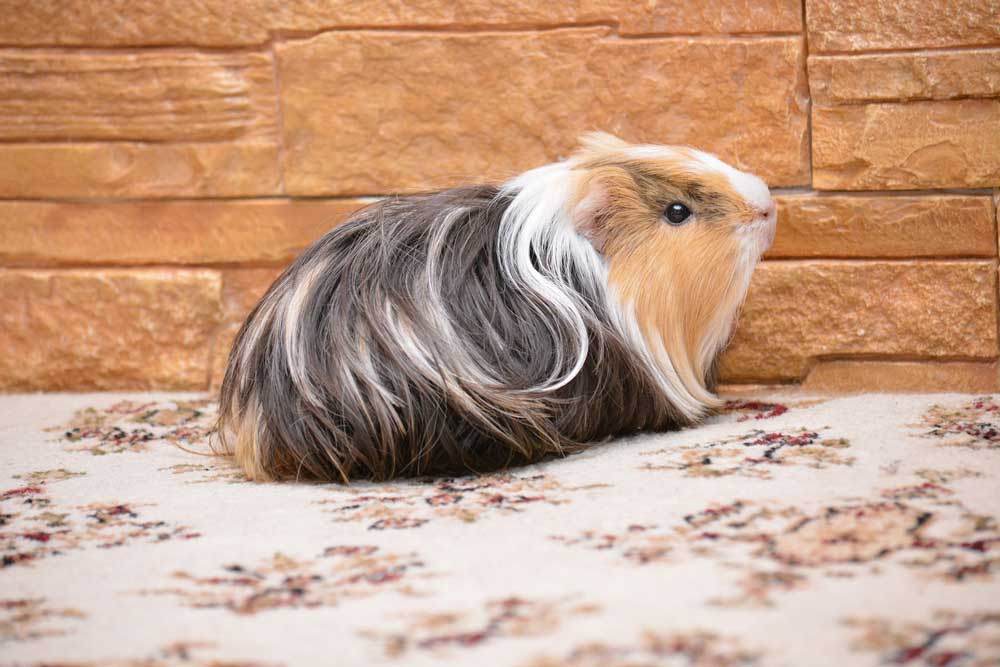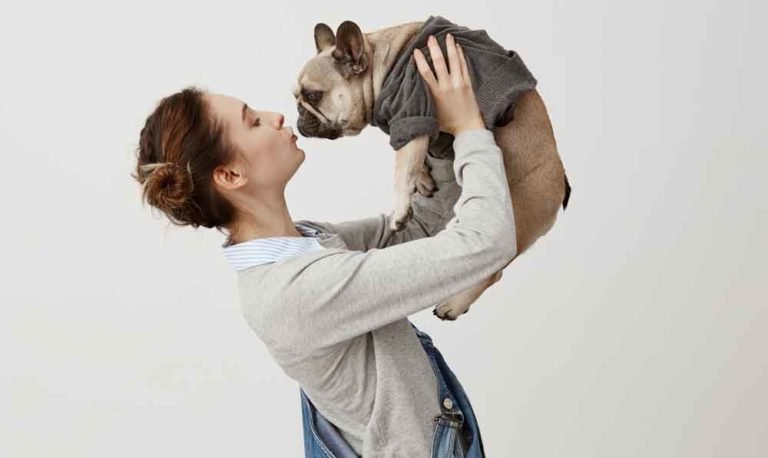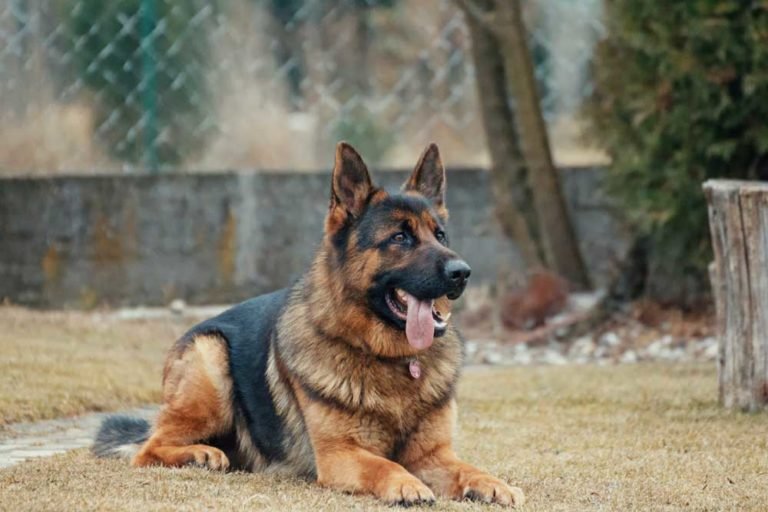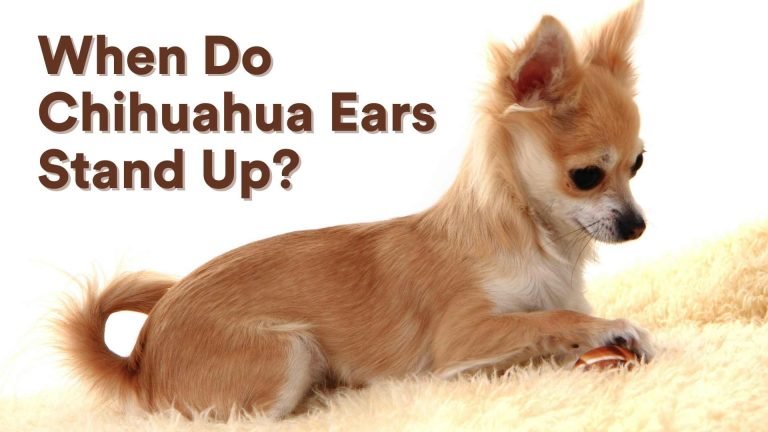Can Guinea Pigs Get Hairballs?
Guinea pigs are self groomers who like being clean and they will groom themselves often. If they have cagemates they will spend a good amount of time grooming each other.
Selfgroomers like cats, dogs, rabbits, and ferrets are well known to get hairballs occasionally. Do guinea pigs get affected too? That’s what we’ll be looking into.
Can guinea pigs get hairballs?
Guinea pigs can get hairballs as a result of grooming themselves. While cleaning themselves up, a guinea pig can accidentally ingest their fur. If this happens, the fur gets excreted with the rest of the waste. However, sometimes the hair sticks on the stomach and digestive tract bringing about the formation of hairballs.
How are hairballs formed?
Hairballs are clumps of hair that can be formed in the stomach or digestive tract of guinea pigs. Long-haired guinea pigs are more prone to hairballs compared to their shorter-haired counterparts.
As guinea pigs groom themselves, licking up their fur, some will accidentally get swallowed. Other times the hair that is shed falls into their food and water and they eat them together.
Ingesting hair is a normal occurrence and the hair is usually passed through the digestive tract with food and water.
At certain times though, the hair may accumulate in the digestive tract or stomach forming a ball. Undigested food may clump up together with this ball of hair causing pain to the guinea pig.
Are hairballs dangerous?
Guinea pigs are most likely to develop hairballs because they cannot vomit the swallowed hair. They are not capable of vomiting like other pets associated with hairballs e.g. cats.
Due to this, their only way of getting rid of hairballs is excretion. Clumps of hairballs get stuck in the intestinal walls and block it.
This affects guinea pigs to the extent of not being able to eat or drink anything. They also have problems pooping.
Hairballs are dangerous and they can be fatal to guinea pigs. They cause infections to the intestinal walls and guinea pigs could die if not treated in time.
Causes of hairballs in guinea pigs
- Over-grooming – when bored, lacking exercise, or lacking chew toys, guinea pigs tend to groom themselves excessively leading to more ingestion of hair.
- Inadequate brushing – if guinea pigs are not regularly groomed, hair that has been shed may remain on their skin and they will easily lick it all up and swallow.
- Lack of enough water – water is great at moving things down the digestive tract so lack of it may lead to the formation of hairballs because there’s no water to move them.
- Low fiber food – fiber aids in smooth digestion processes and thereafter excretion hence avoiding clumps.
- Illness – illnesses may compromise the digestive system and weaken its functioning hence the formation of hairballs. For instance, Gastrointestinal Statis slows down gut movement. This may allow hairballs to form.
Hairball symptoms in guinea pigs
Guinea pigs naturally hide their pain and sickness making it hard to know when your guinea pig is unwell. This is why you should always observe your pet keenly to be able to notice any changes in their behavior.
If a guinea pig has hairballs they may stop eating and pooping normally. They no longer have an appetite and with a blocked digestive tract, both eating and pooping will slow down.
If they look like they are in pain, are not active as usual and they are low, something is wrong.
Sometimes you may find some hairs in their stool. As long as they are still eating, drinking, playing, and as active as they usually are, you shouldn’t worry about that.
After all, we said that ingested hair is usually excreted with the rest of the waste so that is normal. If the poop has a lot of hair though, the guinea pig is ingesting too much hair and that could be risky.
Brush their hair more often and provide lots of water.
Treating hairballs in guinea pigs
Hairballs can be treated successfully, but they are also fatal. If you notice the signs above or suspect that your guinea pig could be having hairballs, you should see a vet right away.
A vet will be able to access the seriousness of the condition and give the right treatment and advice. Do not try to give any medication or home remedies without consulting first.
Home remedies may include pineapple juice due to the enzymes it contains that can break down keratin hair follicles of the hairballs. Another home remedy is giving them liquid paraffin that will bring about lubrication and declumping of the hairballs making them be excreted easily.
Treatments
Pain relief – the condition is usually painful and the vet may give something for pain relief.
IV Fluids – these will hydrate the guinea pig efficiently and provide enough water for the digestive tract.
Massage – you may want to try this one but do not as you could worsen the situation. The vet will massage the tummy to stimulate movement in the digestive tract that will then bring about movement of hairballs downwards and get rid of the clumps.
Digestion medication – this will help stimulate movement in the digestive tract.
Enzyme tablets – enzymes help in breaking down clumps into smaller particles that will move down easily.
Surgery – surgery is usually the last option if a case is severe and serious and none of the other methods have been able to work.
Conclusion
Hairballs are dangerous to the health of guinea pigs and preventing them is always better than treating them. You wouldn’t want your pet to go through all that pain.
Healthy guinea pigs do not shed a lot of hay and they have a very active digestive tract making them not prone to hairballs.
Always ensure your guinea pigs are eating a balanced diet, have a lot of hay and enough water. You should also brush their hair regularly, provide chew toys, and clean up their cages to get rid of shed hair.







